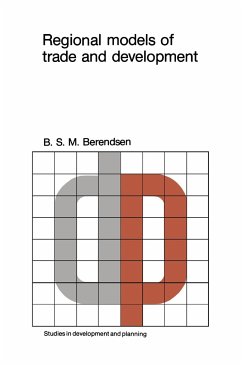
A Comparative Analysis of Japanese and German Economic Success

PAYBACK Punkte
19 °P sammeln!
The aim of this book is to evaluate accurately economic development mechanism and to extract valuable lessons from a comparison of the economic development of Japan and that of Germany. The book covers an extensive range of economic issues: (1) macro-economic factors: capital, labor, technology; (2) macro-economic policies: financial, monetary, industrial; (3) external shocks to both economies: oil crises, exchange rate fluctuations, environmental problems; (4) development processes of major industries: steel, chemicals, and automobiles. The analyses with this systematic and comprehensive appr...
The aim of this book is to evaluate accurately economic development mechanism and to extract valuable lessons from a comparison of the economic development of Japan and that of Germany. The book covers an extensive range of economic issues: (1) macro-economic factors: capital, labor, technology; (2) macro-economic policies: financial, monetary, industrial; (3) external shocks to both economies: oil crises, exchange rate fluctuations, environmental problems; (4) development processes of major industries: steel, chemicals, and automobiles. The analyses with this systematic and comprehensive approach provide useful insights for the general reader as well as guidelines for developing countries and for Eastern European countries in transition.














